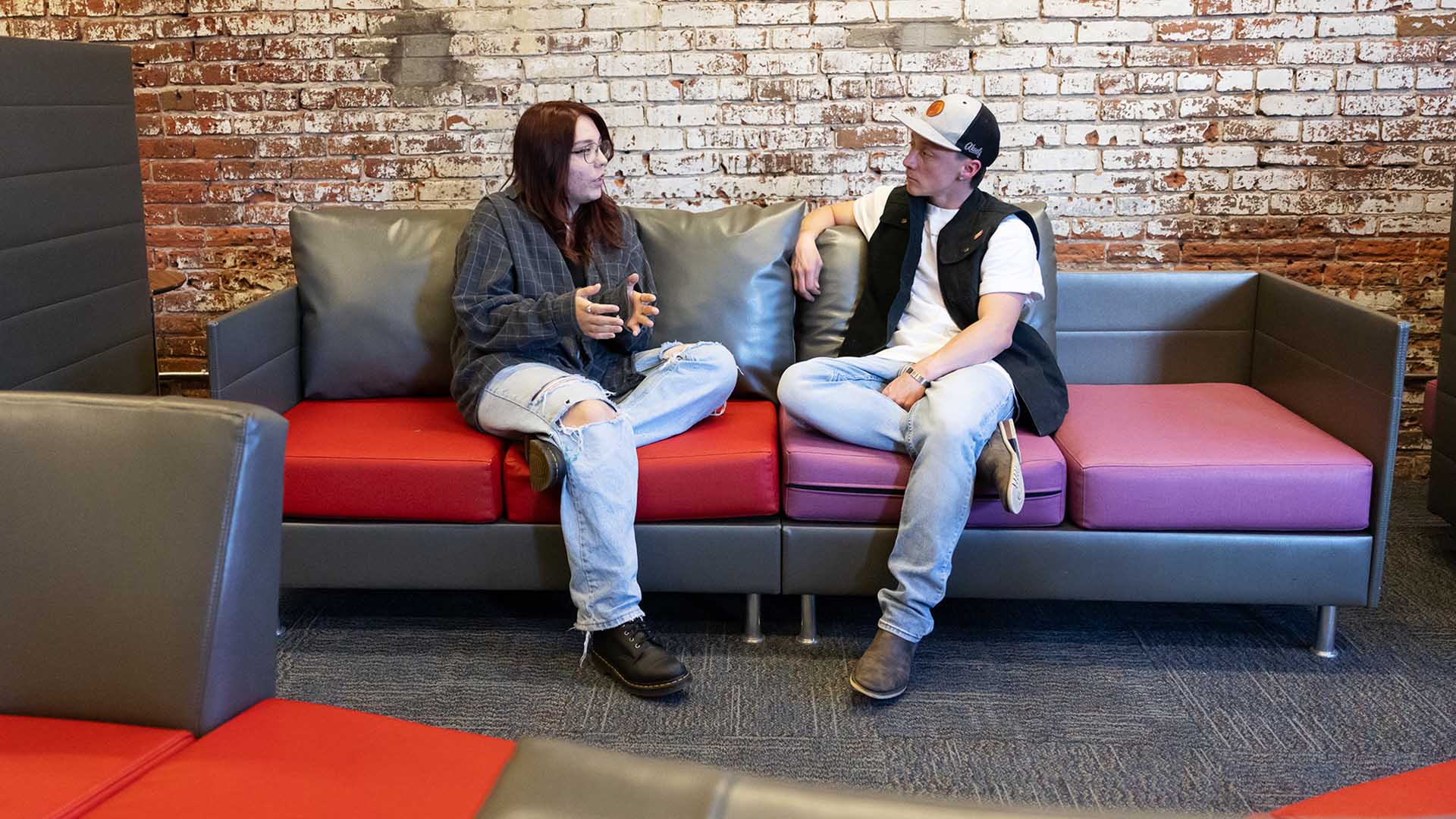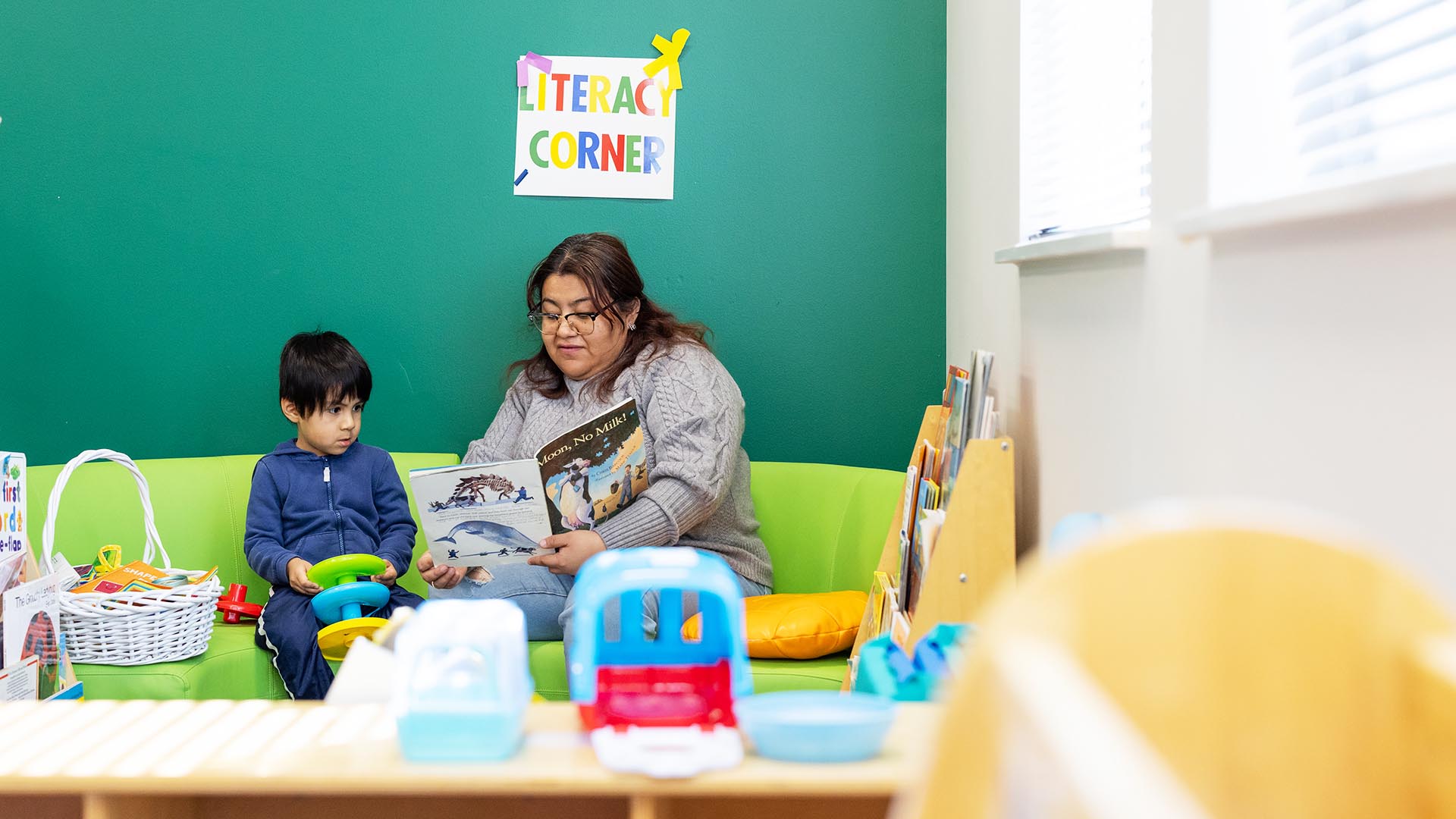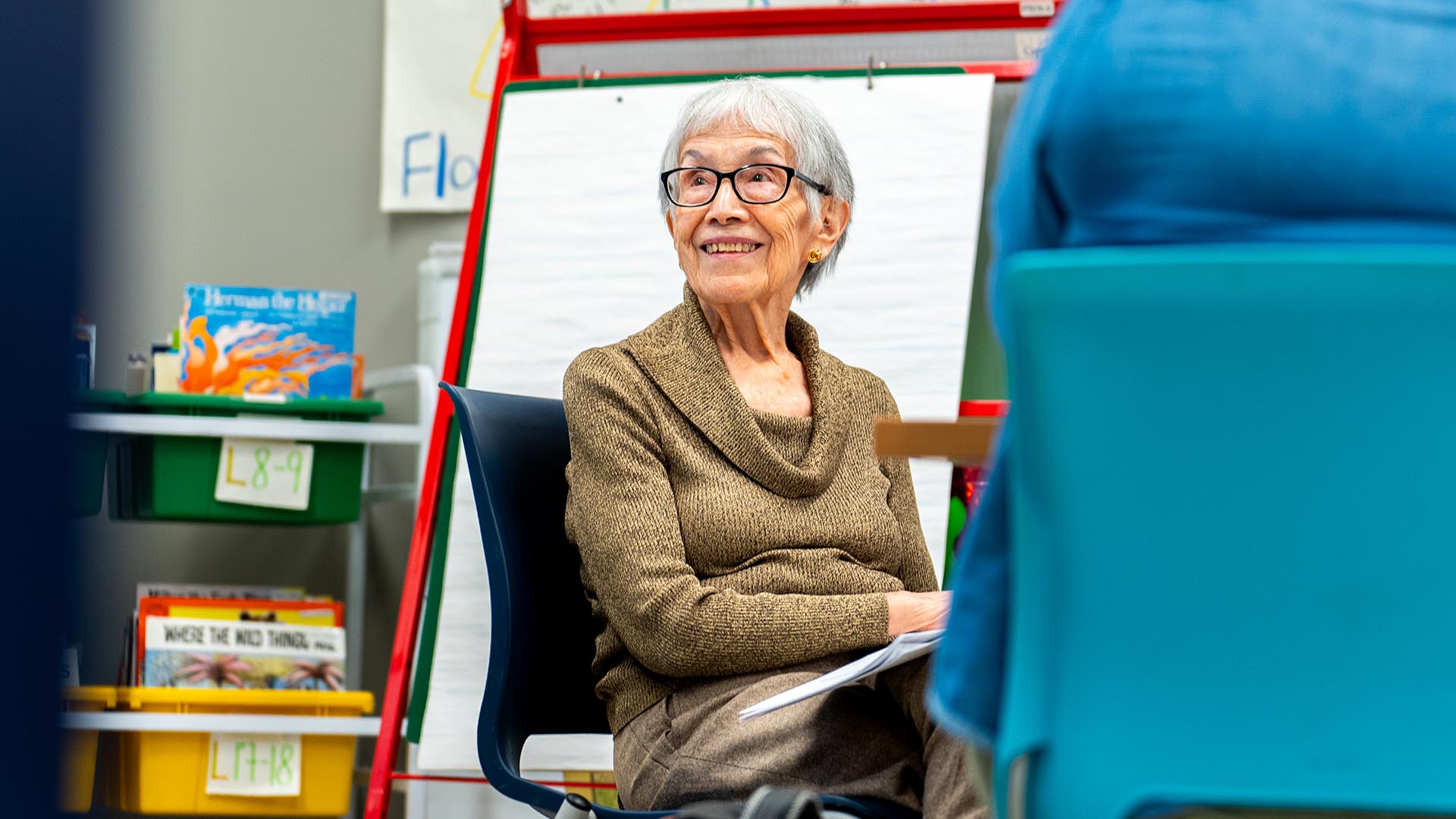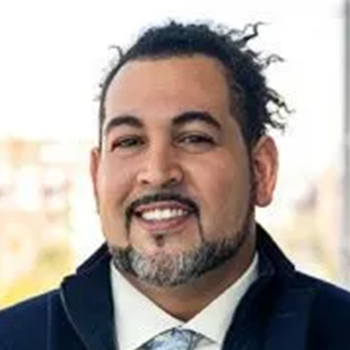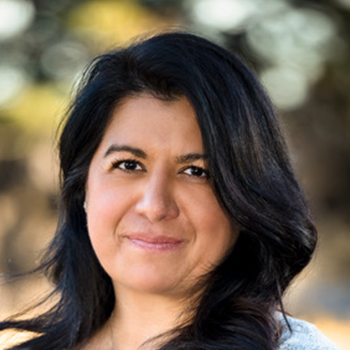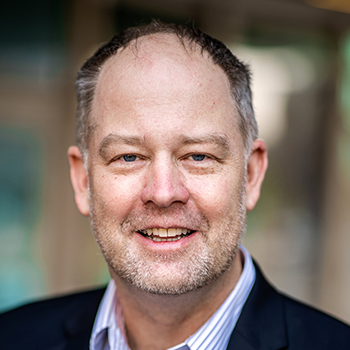“Realizing the positive in the moment”
Chance encounters helped one student integrate international perspectives – and make the personal connection within.
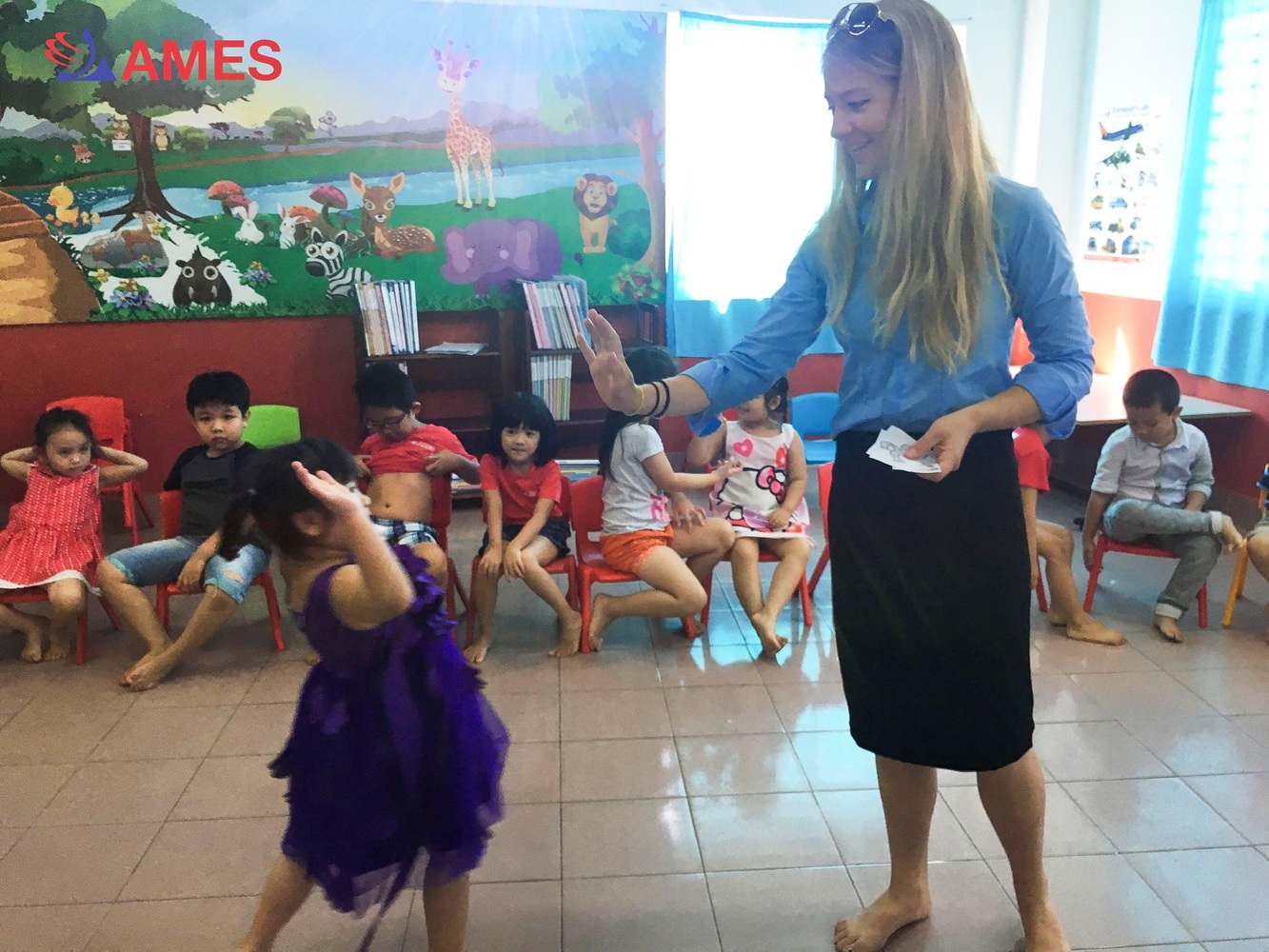
Maggie Larson had a problem.
After a long day of teaching, her bicycle pedal gave way on the ride back to the apartment she was staying in, rendering her main mode of transportation inoperable – and leaving her emotionally gutted.
And, at more than 8,400 miles, she was a long way from home.
That’s when a passerby stopped by to ask the MSU Denver political science junior what was wrong. Larson pointed to the issue and followed the do-gooder to a nearby shop, where he fixed the malfunctioning component and sent her off on two functioning wheels, along with a fresh perspective.
“Your day might start poorly, but could turn in an instant,” she said in reflection.
“There’s so much goodness in the world; it’s all about realizing the positive in the moment.”

Sometimes it takes going to great lengths to uncover these little epiphanies.
Larson recently spent three months teaching English to children in Vietnam, which makes sense, as she is minoring in elementary education. With her sister developing educational programs in the southeast Asian country, Larson took advantage of the opportunity to apply what she was learning at MSU Denver in both C?n Th?, a southern city along the Mekong Delta; and Cát Bà, an island in the north.
That’s the power of connected curiosity. And similar opportunities are available for fellow Roadrunners tap into the transformative potential of similar sojourns through the University’s various study abroad offerings.
“It was a life-changing cultural experience,” she said. “And I owe so much of what I learned to the doors that’ve opened to me on campus.”

One of the faculty members she credits for developing an international perspective is Robert Hazan, professor and chair of the political science department.
“When she was in my class and told me she was going to Vietnam, I told her she had the wrong address – that we were studying the politics of the Middle East!” joked Hazan.
“But it really was an amazing opportunity for her to study things from an interdisciplinary perspective, looking at cultural, economic, historical, political and social aspects of the region. She is a classic example of a student who has turned her passion into a mission.”
That mission for Larson is one that has set her sights on future graduate work in international relations. And the diverse perspective helped her glean contextually relevant instructional implications – such as planning lessons to meet students where they’re at (as opposed to one curriculum’s approach of teaching unfamiliar Western food like pizza and spaghetti in a top-down manner).
“It was great to get to know and engage with the students individually,” said Larson. “And by teaching culturally appropriate words, it makes a bigger impact to help children succeed in a way that makes sense to them. That’s incredibly rewarding.”

So, that all sounds great… but isn’t an experience like this cost-prohibitive?
Well, not necessarily. For many MSU Denver students, immersive education is often more accessible than it first appears. Scholarships, grants and financial aid options are available, with the Office of International Studies serving as an on-campus hub to start the process as early in advance as possible.
And as Hazan pointed out, the growth of Denver into a cosmopolitan hub means a rich fabric of cultural connections available to those who look for them close to home.
“With so many different communities, we can see the world right here in our city,” he said. “There’s a life-enriching component from infusing international perspective into study, and the entire population benefits from it.”
Another way of looking at it: What are the costs of not gaining this kind of experiential perspective?

Growth results from both empathy and humility, often from stepping outside of one’s comfort zone. And, especially in the beginning, it can be disorienting.
“I had to figure out how to function as a 19 year-old in a community without being able to speak the language,” said Larson. “Where we were at, almost no one else understood English, so I had to learn to communicate – I needed to learn Vietnamese or go hungry.”
In order to do that, she relied on connections – both those she already had, as well as making new ones. Every time she would speak with someone, she’d jot the words down to later study them, better understanding the context and construction of the language.
That proved to be an important practice. As a language with up to six distinct tones, differentiated by regional accents and pitch contours, nuance is important to comprehension.
To discover that, Larson first had to listen, extending the same good-hearted attempt at understanding as her bicycle-fixing friend showed her.
Then, she dove in.
“It was all about hearing it, attempting to speak and learning to be okay with being embarrassed,” she said. “I knew some people might laugh at me, but the experience was absolutely worth it because the community was worth it – I just had to keep trying to make that connection.”


